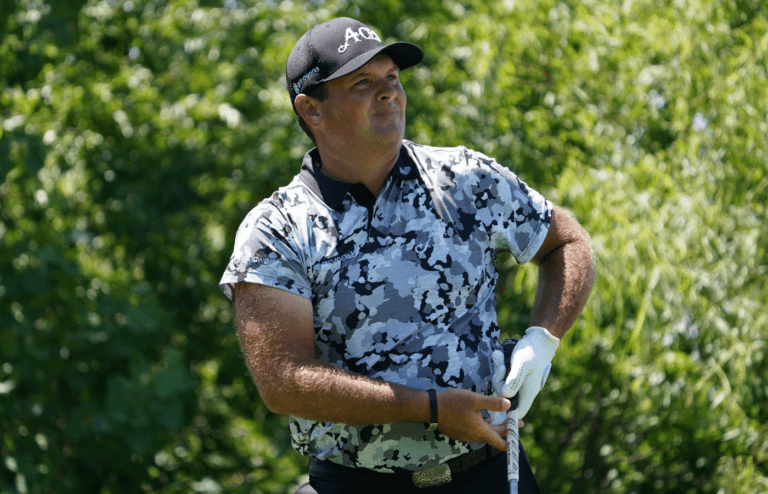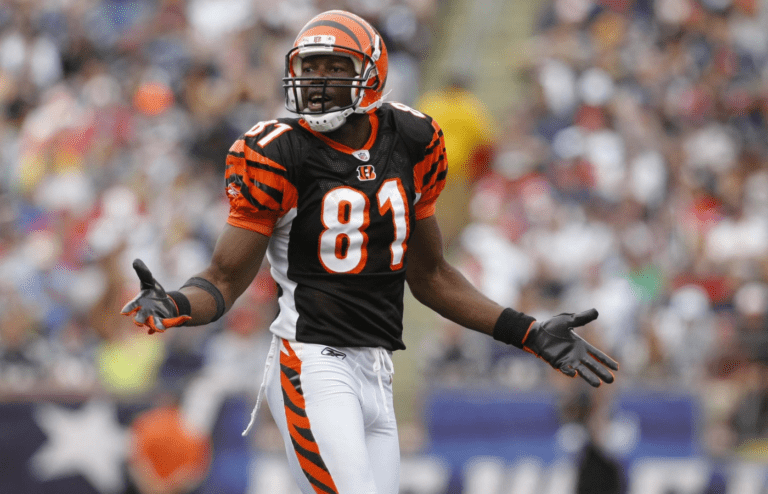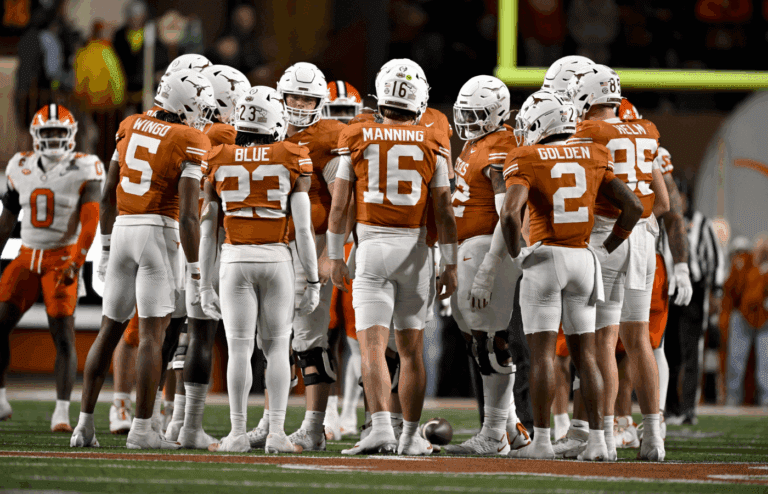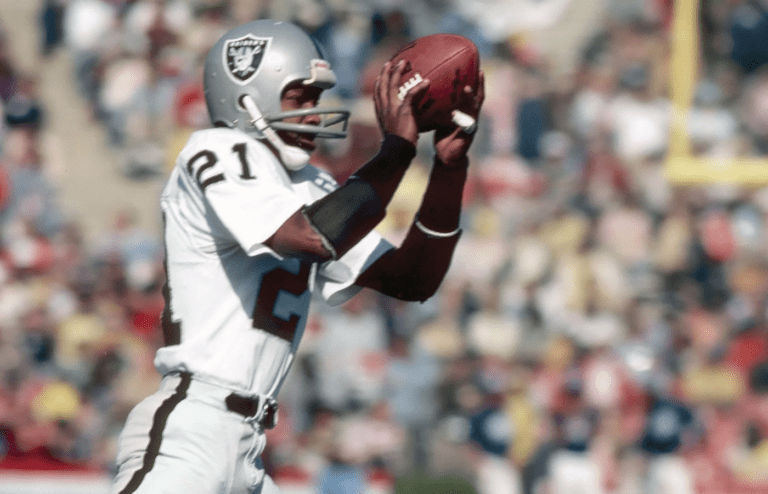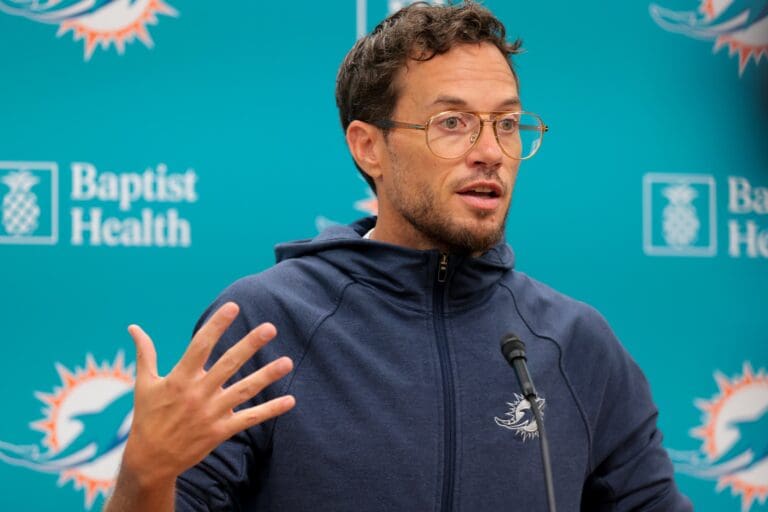Sometimes, when a filmmaker adapts a book into a movie or TV series, they keep things close to the source material. While fans understand that some things need to be edited for the medium of film, these fifteen movies differed so wildly from the books they were supposedly based on that it’s glaring for anyone who read them.
The Hobbit Trilogy
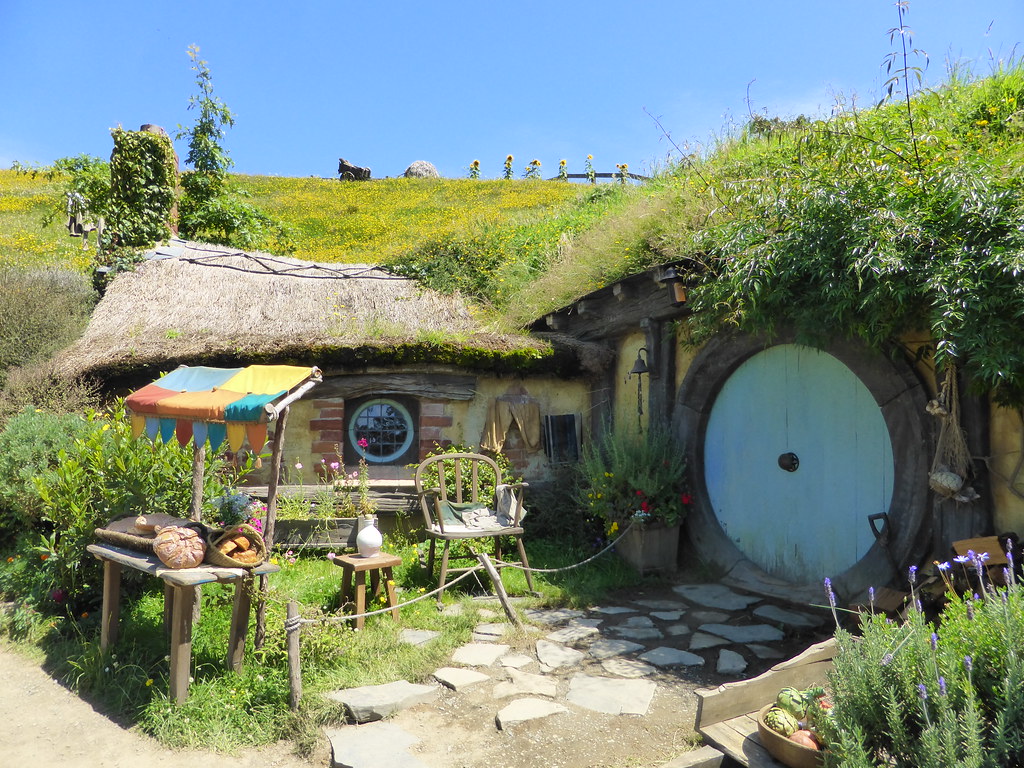
With how amazing Peter Jackson’s Lord of the Rings trilogy is, and how close it hews to the JRR Tolkien books (broadly), it’s a shame that his Hobbit trilogy changed so much from the books. Notably, The Hobbit is a short children’s book and hardly has enough material to stretch over a single movie, let alone three.
The Shining
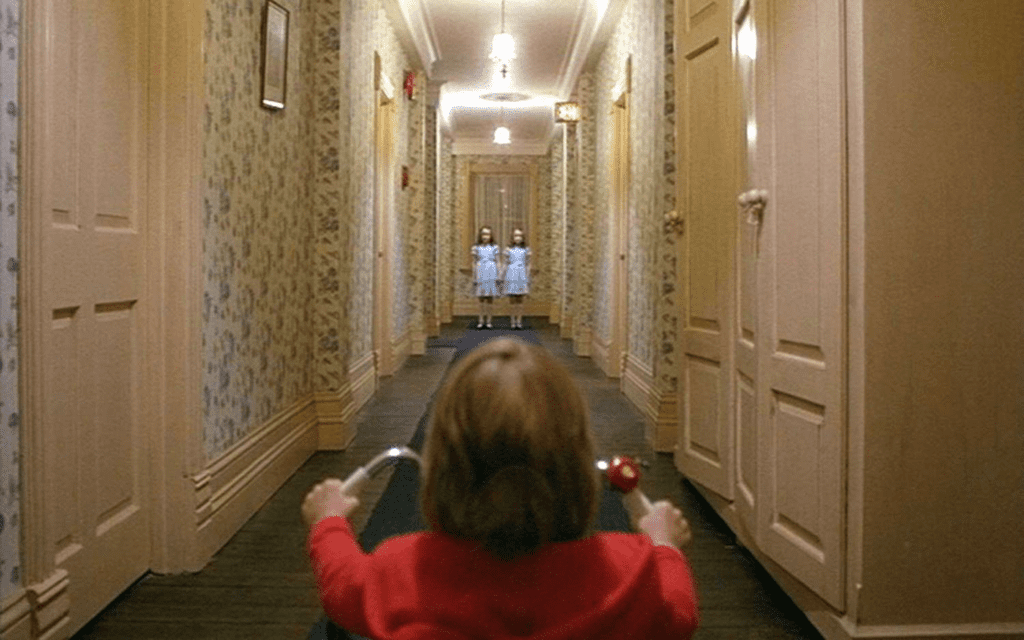
Stephen King’s original book version of The Shining is very different from the Kubrick film of the same name. In the book, Jack isn’t already a cold and distant dad—he gets that way due to the hotel’s haunted nature. Wendy is also much more willful and protective of Danny in the book, while Kubrick’s version of the character is more of a pushover.
Forrest Gump
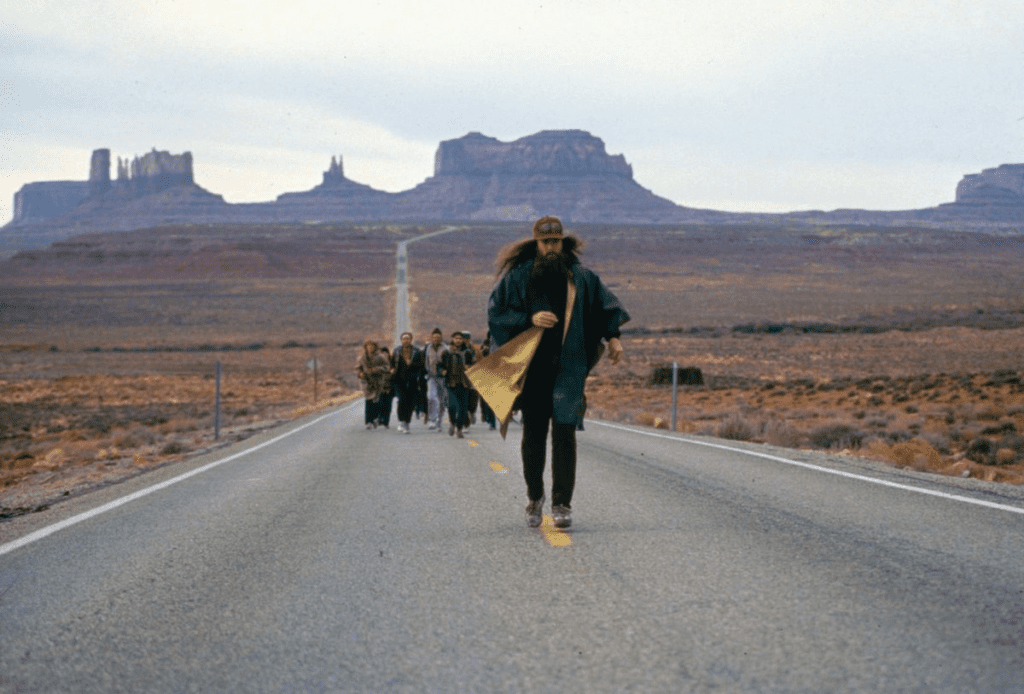
Many folks don’t realize that Forrest Gump is based on a 1986 Winston Francis Groom, Jr. book. It got mixed reception and is largely remembered these days because of the movie it inspired. In the book, Forrest is a much less likable guy. He’s self-centered, foul-mouthed, and much more violent than the version portrayed by Tom Hanks on the big screen.
I, Robot
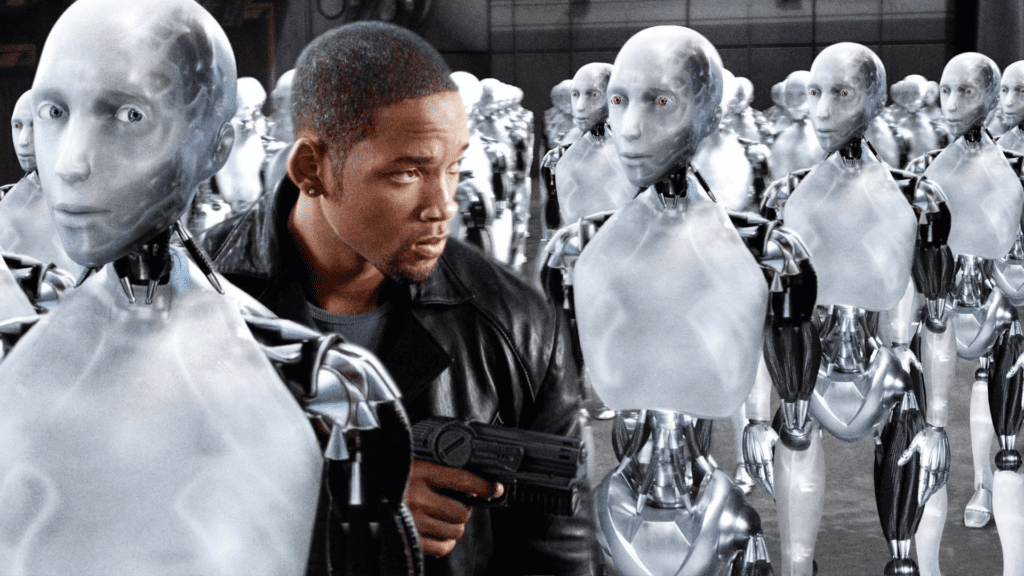
Will Smith has starred in a lot of sci-fi book adaptations that bear little resemblance to their source material. Case in point, his role in I, Robot, a movie with no plot similarities to the Asimov book of the same name. That’s unsurprising, at least, because the screenplay for the film was originally going to be titled Hardwired before the studio changed the name to make it easier to market.
Willy Wonka and the Chocolate Factory
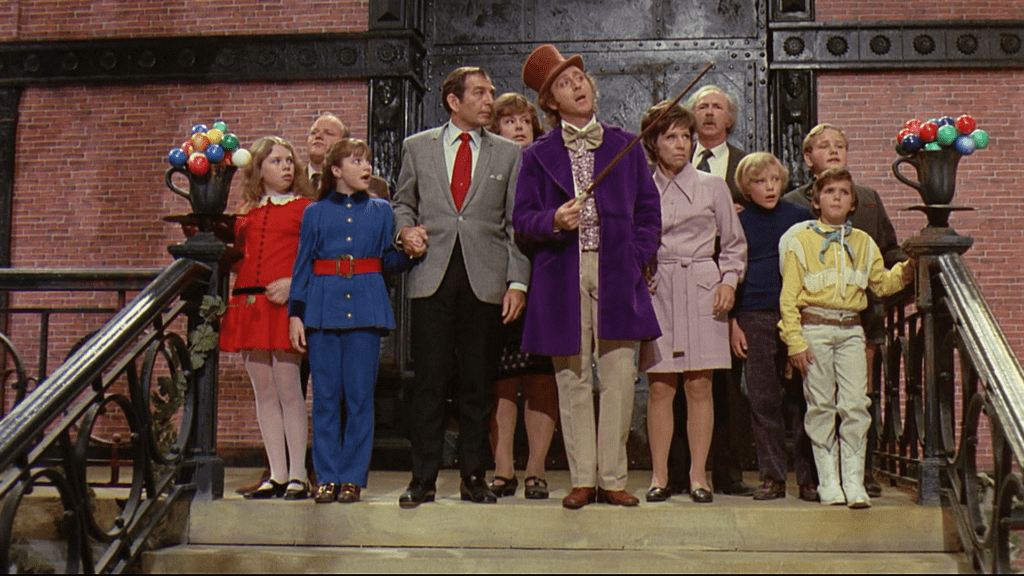
Willy Wonka and the Chocolate Factory makes so many departures from the Roald Dahl book that even the name isn’t the same. The name, as many fans know, is Charlie and the Chocolate Factory. Basically the only similarities between the Gene Wilder movie and the original book are the rough plot beats and a few of the themes. The particulars are completely original to the film.
Jumanji
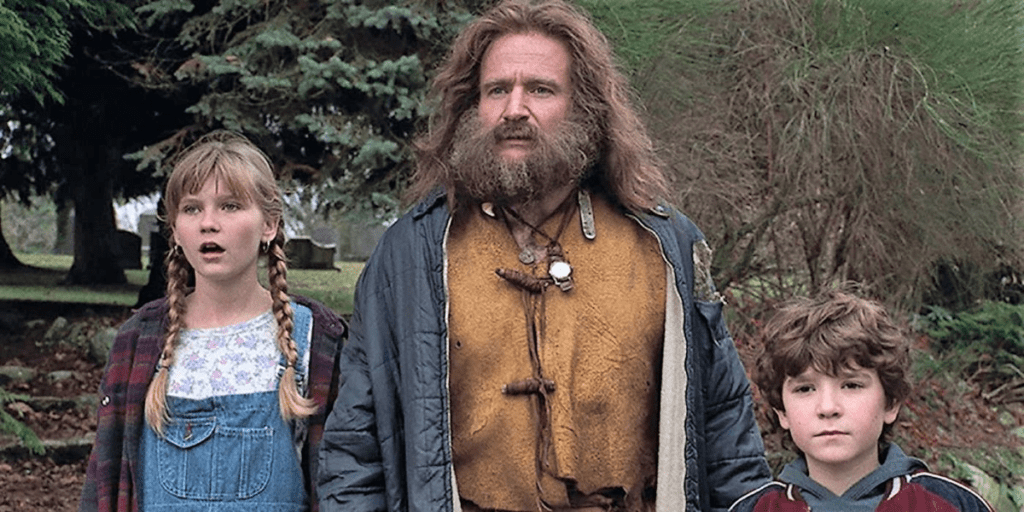
Did you know that Jumanji was based on a picture book? The movie uses very little of the plot from the book, but, admittedly, there isn’t much plot to go on when adapting children’s literature. That being said, Robin Williams in anything is a huge win, so the movie isn’t worse for inventing a plot out of thin air.
The Grinch
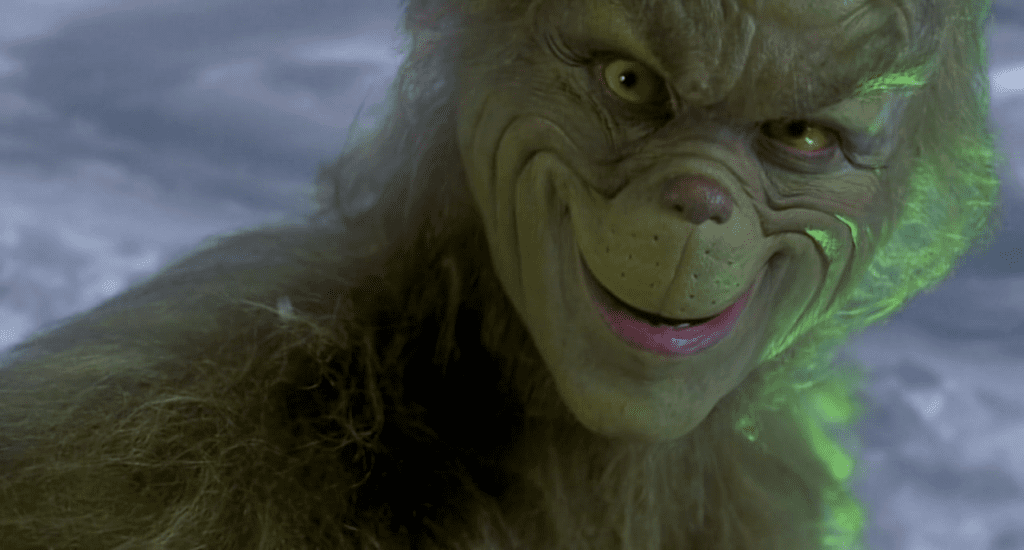
The 2000 film How The Grinch Stole Christmas is based on the Dr. Seuss book, but, as anyone who’s read that short children’s tale knows, Jim Carrey’s version is a big departure from the original. That makes sense, in any event, as there’s not enough material to stretch the story across a feature-length runtime.
How to Train Your Dragon

In the books that How to Train Your Dragon is based on, quite a few things are different. The Vikings are already well acquainted with dragons when the books start, and Toothless isn’t a Night Fury, or even a rare specimen. Instead, he’s a common green dragon.
Jurassic Park
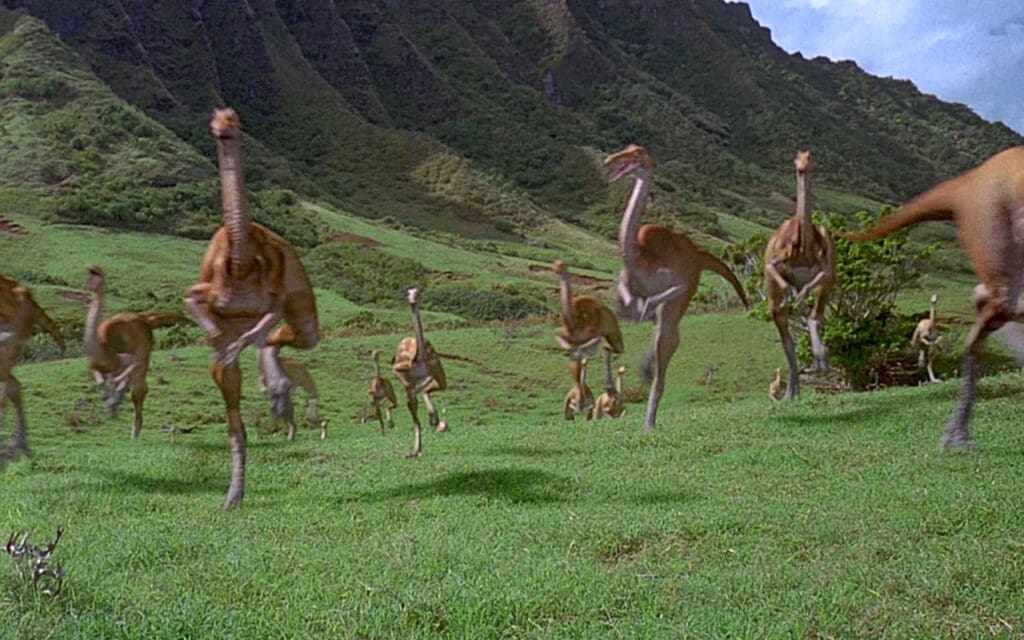
The original Michael Crichton novel Jurassic Park is less about the folly of unchecked capitalism (which is still a major theme) and more concerned with the nature of chaos. How can anyone expect to predict the likely outcomes of any given action when there are so many variables at play?
The Lawnmower Man
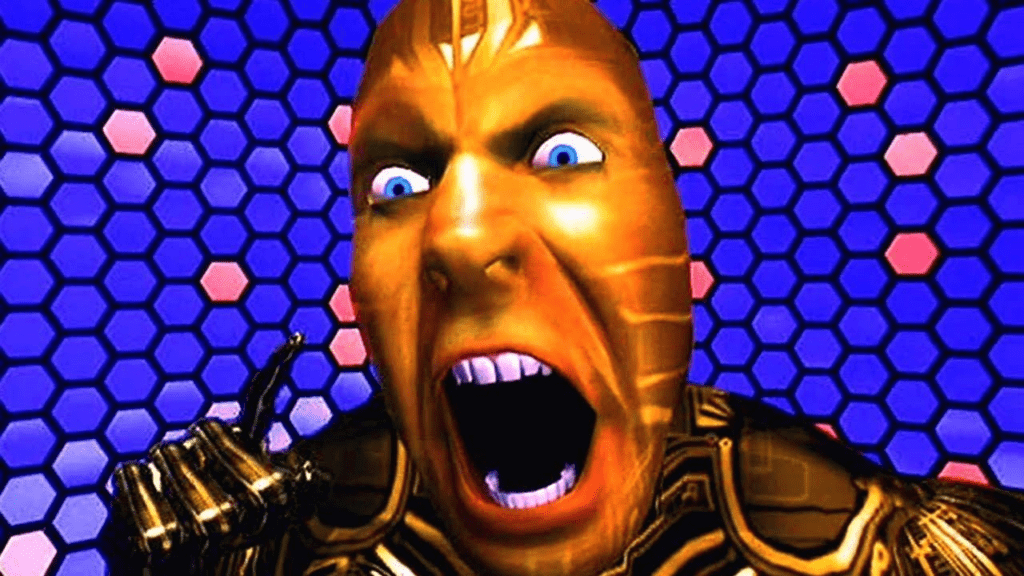
The Lawnmower Man is a short story by Stephen King about a yardwork service owned by the god Pan. The Lawnmower Man movie is a weird horror flick where a guy becomes a digital deity after entering a Tron-like computer landscape. It’s weird and it bears no resemblance to any of King’s work.
Shrek
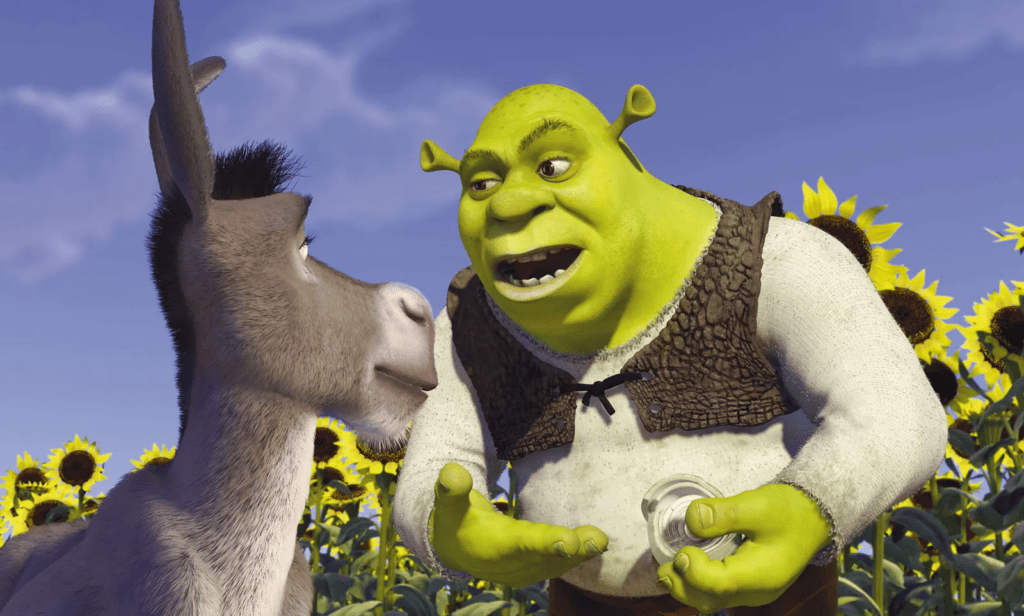
Did you know that the hit 2001 movie Shrek was based on a book? It’s a delightfully weird children’s book, called Shrek!, which presents a decidedly meaner, uglier, and more chaotic version of the title character. Some pages from the original books became famous viral images when their absurd tone and over-the-top nature was rediscovered by fans of the films.
Starship Troopers
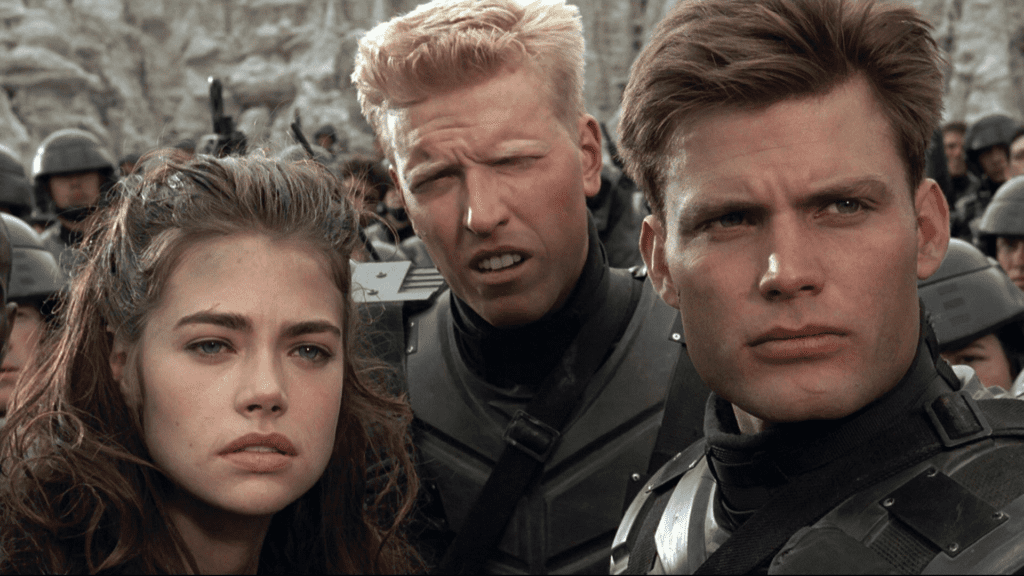
Robert Heinlein’s Starship Troopers is a straight-faced sci-fi novel with extremely right-leaning (some even say fascistic) viewpoints. Paul Verhoeven’s excellent 1997 satire film of the same name deliberately undercuts the pro-military viewpoint of the book, but this means as a matter of course that it deviates wildly from the book’s plot.
I Am Legend
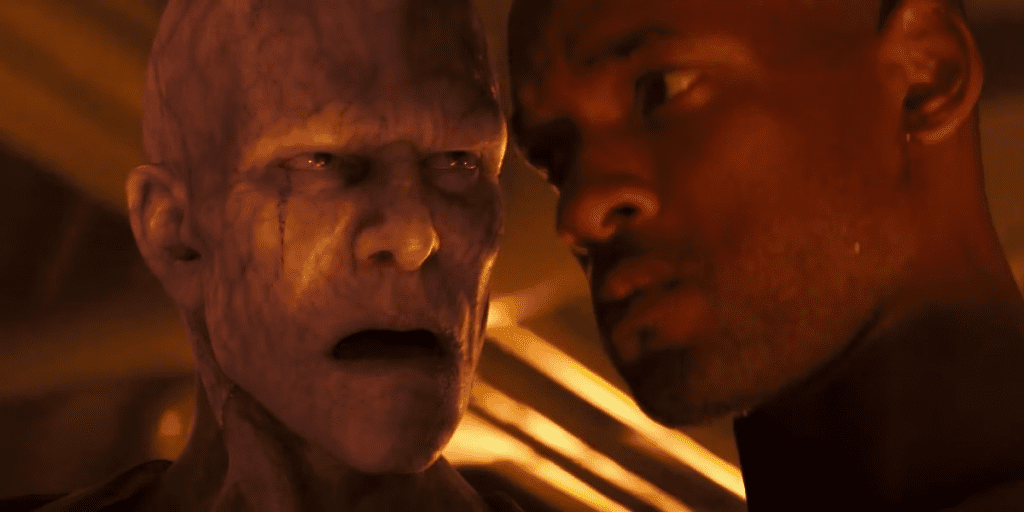
Will Smith adaptations are apparently contractually obligated to be complete departures from their book origins. I Am Legend is originally a story about a survivor of a disease that causes an outbreak of vampirism, while the movie depicts the creatures as zombie-like. This also undercuts the book’s theme, that the protagonist was the “legend” because he was hunting intelligent creatures while they slept.
Read More: 10 Mind-Blowing Plot Twists in Film History That Left Audiences Stunned
World War Z

The Brad Pitt-led zombie movie World War Z shares its name with a Max Brooks novel. It also shares a premise, albeit loosely. The film is otherwise unconnected to the novel, which is presented as an oral history of a fictional war against zombies that took place around a decade before the “interviews” that comprise the bulk of the novel.
Read More: The 10 Most Glaring Plot Holes in the Star Wars Universe
The Dark Tower

Stephen King’s incomparable Dark Tower series is his opus. The monumental seven-book series tells the story of Roland Deschain, the last gunslinger, and his battle against the forces of primordial chaos that threaten to end all existence.
The movie based on the series uses the same basic premise and character names as the books but conflates plot points from the first and third volumes. It’s essentially a muddled mess because it bit off more than it could chew, despite great performances from some of the actors and genuinely excellent source material to work from.
Read More: These Wild Fan Theories About Films Will Throw You for a Loop

